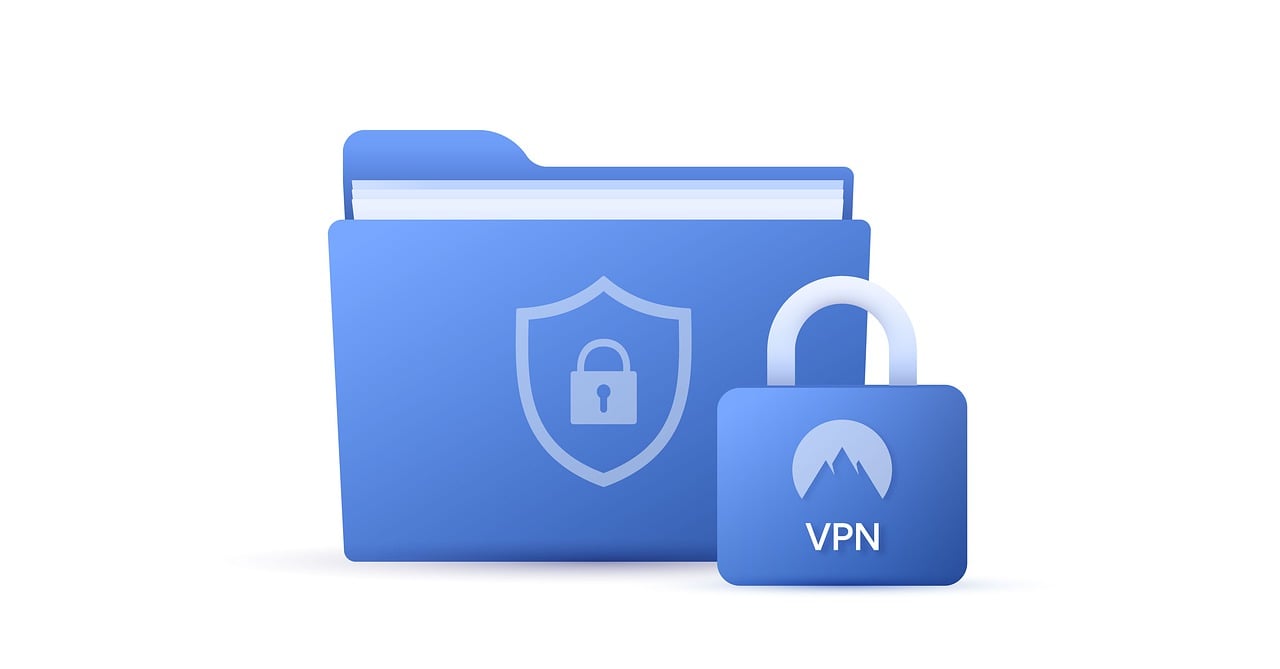In today's digitized world, securing personal data is crucial. With the popularity of the Internet, we rely more and more on online communication and data transfer. However, insecure network environments and the presence of malicious hackers make our data vulnerable to attack and theft. This is why the use of VPN (Virtual Private Networks) has become an important means of securing data. In this article, we will explore how VPN can secure your data through encrypted communication.

First,what is encrypted communication?
Encrypted communication refers to the encoding of data through encryption technology so that it cannot be read or stolen by unauthorized people during transmission. Encryption uses complex algorithms to convert data into unreadable ciphertext that can only be decrypted and the original data recovered by someone with the correct key. By encrypting communications, we can ensure that our data is protected in transit and cannot be deciphered even if it is intercepted.
Second, how does a VPN enable encrypted communication?
A VPN uses encryption to create a secure connection called a VPN tunnel that encrypts your data from the sending end (your device), then transmits it over a public network, and finally decrypts it at the receiving end (the VPN server). Here are a few key steps on how a VPN secures your data:
1. Data Encryption: When you connect to a remote server using a VPN, the VPN client encrypts your data. Commonly used encryption protocols include OpenVPN, IPsec, and WireGuard, which use advanced encryption algorithms, such as AES (Advanced Encryption Standard), to ensure the confidentiality and integrity of your data. Encrypted data becomes unreadable by eavesdroppers, even if they are able to intercept your packets.
2. Authentication and key exchange: When establishing a VPN connection, the VPN client and server perform authentication and key exchange. This ensures that you establish a connection with a legitimate VPN server and protects your communication process from man-in-the-middle attacks. With this authentication and key exchange process, you can be sure that your data will only be sent to trusted servers.
3. Data Transfer Protection: Once a VPN connection is established, all data transferred over that connection is encrypted. This includes your browser activity, file transfers, emails and instant messages. Encrypted packets will be transmitted through the VPN tunnel, which means that even if you are using an unsecured public Wi-Fi network, your data will not be exposed to hackers and eavesdroppers.
4. Anonymity and IP address hiding: VPNs can also hide your real IP address, replacing it with the IP address of the VPN server. This protects your privacy and prevents third parties from tracking your online activities. Your real identity and location will be protected, allowing you to surf anonymously.
Third, why is encrypted communication with a VPN vital for data security?
Encrypted communication over VPN is vital for data security for the following reasons:
1. Data confidentiality: By encrypting communications, VPN ensure that your data is kept confidential during transmission. Even if someone intercepts your data packets, they will not be able to decrypt and read its contents.
2. Protection from eavesdropping and surveillance: When using an unsecured internet connection, your data can be eavesdropped and spied on by hackers, advertisers, or surveillance agencies. by encrypting the communication, VPN makes it impossible for eavesdroppers to access useful information.
3. Public Wi-Fi Security: Public Wi-Fi networks are often targets for hackers. By using encrypted communication with a VPN, you can keep your data safe while using public Wi-Fi networks.
4. Protection of personal privacy: Encrypted communication not only protects your data security, but also your personal privacy. a VPN hides your real IP address and location, allowing you to surf the web anonymously and avoid third parties from tracking your online activities.
Conclusion
In the digital age, data security is crucial. a VPN keeps your data safe from eavesdropping and spying and protects your personal privacy through encrypted communication technology. When using a VPN, make sure you choose a trusted provider that uses strong encryption protocols, such as OpenVPN, to ensure that your data is optimally protected. Keep your data safe and enjoy a peace of mind online!
 Email
Email